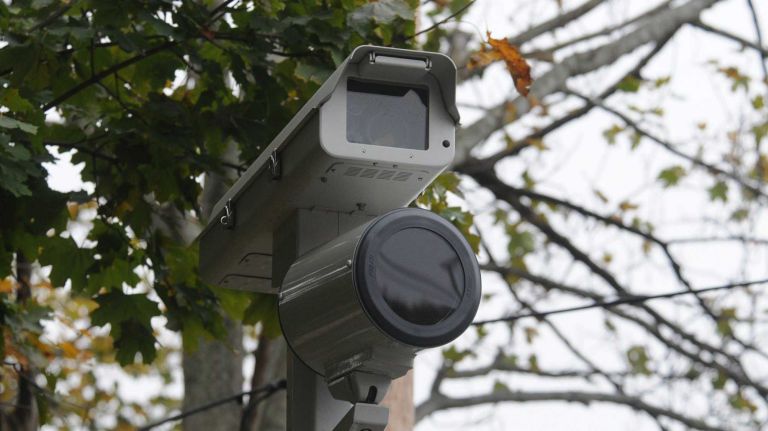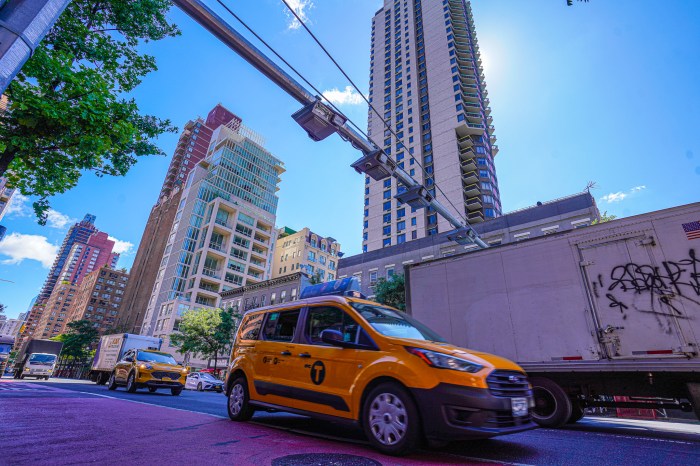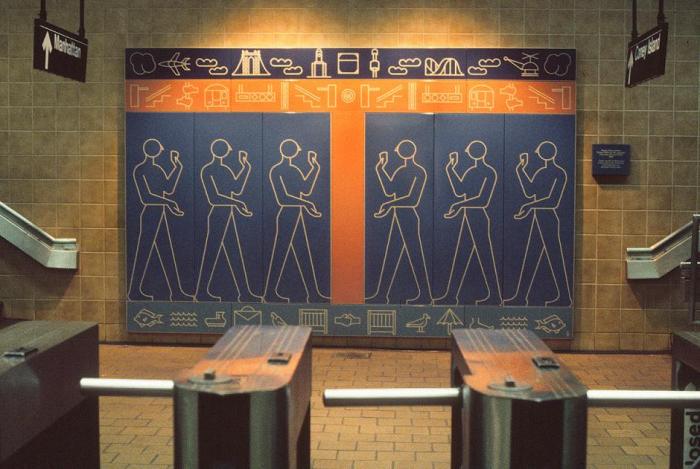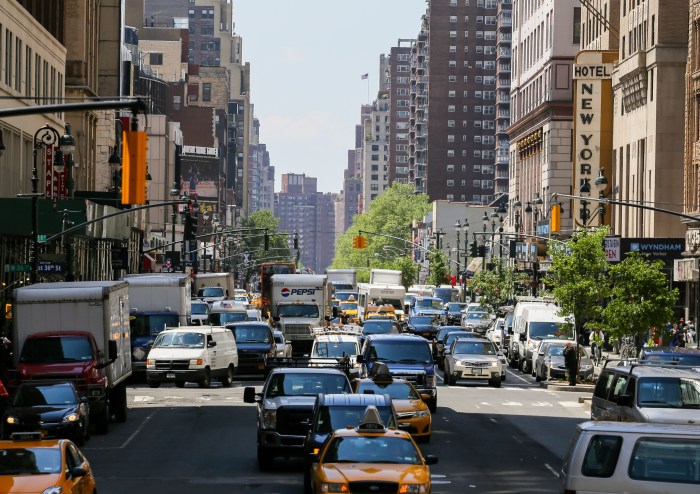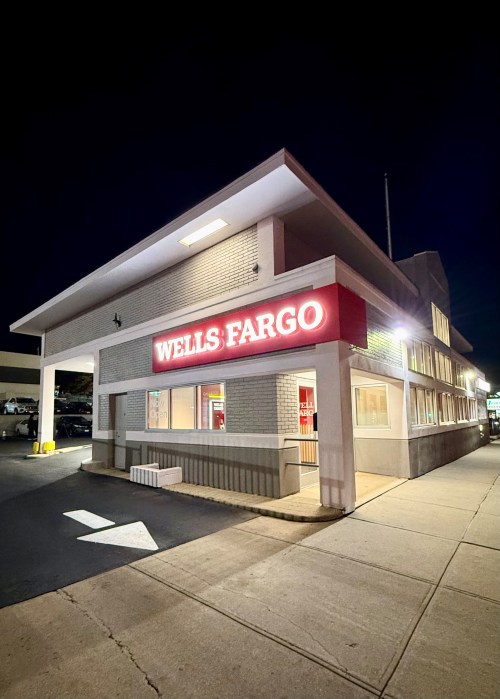On nights and weekends when speed cameras across New York City go out of service, specifically in school zones, street racers are known to burn a little rubber.
This is a problem Manhattan state Senator Brad Hoylman plans to fix with “furious” new legislation that would keep the cameras active in order to catch motorists ripping through the streets endangering the general public.
“Illegal street racing puts lives at risk and keeps us up at night. While there’s been less traffic during the pandemic, some drivers have used this as an opportunity to treat our streets like a NASCAR speedway,” Hoylman said. “The FURIOUS Act will give the City more tools to catch drivers in the act and make it easier to enforce state laws on speed contests and races. New Yorkers have enough to deal with right now – it’s time to pump the brakes on illegal street racing.”
Drivers ignoring photo enforcement may even end up owing the city a ten-second car, thanks to Councilman Brad Lander’s Reckless Driver Accountability Act passed in City Council earlier this year that allows the New York City Sheriff’s office impound vehicles after five red light violations or 15 speed camera tickets within a 12-month period.
Hoylman’s bill would amend Section 1180-b of the Vehicle and Traffic Law to allow the city to keep the cameras on at hours of their choosing, as opposed to the current restrictions of 6:00 a.m. and 10:00 p.m. It would also amend Section 1182 to legally define what it means to hold a street race including a challenge or acceptance of a challenge – whether or not said challenge was planned prior.
According to Hoylman, these amendments close the loophole established in People v. Grund, a 1964 Court of Appeals decision that set the precedent that a pre-decided upon course needs to be identified in order to prosecute street racing. Put simply, proof of two people speeding next to one another is not enough to prosecute defendants for conducting a drag race.
Hoylman’s bill responds to the revelation that between March and June of this year, when the pandemic had most people laying low in their apartments or outside the city, over 400 complaints of street racing had been made to the city’s 311 service. This has been widely attributed to deserted streets during the height of the COVID-19 pandemic in New York.
Complaints of “drag racing” continue to pile up in city’s Open Data system growing by 214 in August alone and there were only 73 drag racing complaints in August of 2019, Hoyman pointed out.
The total number of complaints logged since March currently sits at 1,057, as of Sept. 10.



